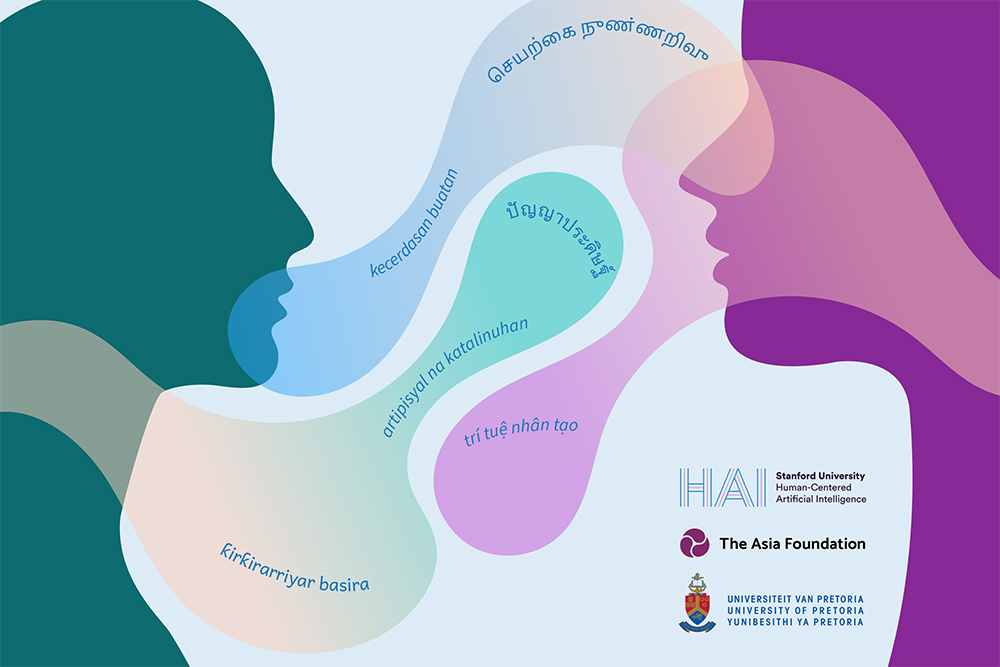
Stanford Trustworthy AI Research (STAIR) Lab
@stai_research
A research group in @StanfordAILab researching AI Capabilities, Trust and Safety, Equity and Reliability
Website: stair.cs.stanford.edu
ID: 1721259514933215232
https://stairlab.stanford.edu/ 05-11-2023 20:14:02
245 Tweet
585 Followers
53 Following

Joshua Kazdan Sanmi Koyejo Azalia Mirhoseini John Hughes Jordan Juravsky Sara Price Aengus Lynch Bradley Brown Ryan Ehrlich Ronnie Clark Quoc Le hazyresearch And thank you to our funders and hosting institutions Stanford Trustworthy AI Research (STAIR) Lab Stanford AI Lab & many more!

Joshua Kazdan Sanmi Koyejo Azalia Mirhoseini John Hughes Jordan Juravsky Sara Price Aengus Lynch Bradley Brown Ryan Ehrlich Ronnie Clark Quoc Le hazyresearch Stanford Trustworthy AI Research (STAIR) Lab Stanford AI Lab I also embarrassingly forgot to give credit to Erik Jones in my first tweet! He was also an integral part of the effort, helping with the scaling analyses





Grateful for wonderful collaborators. This work will be presented at CVPR 2025. Daniel Koceja Gashon Hussein Jiarui Xu Yue Zhao Jan Kautz Carlos Guestrin Tatsunori Hashimoto Sanmi Koyejo Yejin Choi Xiaolong Wang


Daniel Koceja Gashon Hussein Jiarui Xu Yue Zhao Jan Kautz Carlos Guestrin Tatsunori Hashimoto Sanmi Koyejo Yejin Choi Xiaolong Wang + our wonderful collaborators without Twitter – Shihao Han, Ka Chun Cheung, Youjin Song, and Yu Sun.


We're also organising a workshop on technical AI governance at #ICML2025! This is a great opportunity to present work on any of the problems outlined in the paper. Submissions are due May 7th and we're also looking for PC members. More info 👉🏻Technical AI Governance @ ICML 2025

Huge thanks again to Anka Reuel | @ankareuel.bsky.social for co-leading this work, and to Lisa Soder for doing incredible work making the workshop happen. And of course to all our wonderful co-authors: Cas (Stephen Casper), Tim Fist, Onni Aarne, Lewis Hammond, Lujain Ibrahim لجين إبراهيم, Alan Chan, Peter Wills,

Markus Anderljung, Ben Garfinkel, Lennart Heim, ⿻ Andrew Trask, Gabriel Mukobi, Rylan Schaeffer, Mauricio Baker, Sara Hooker, Irene Solaiman, Sasha Luccioni, PhD 🦋🌎✨🤗, Nitarshan Rajkumar, Nick Moës, Jeffrey Ladish, David Bau, Paul Bricman, Neel Guha, Jessica Newman, Yoshua Bengio, Tobin South, Alex Pentland,

📢 New white paper: Scholars from Stanford HAI, The Asia Foundation, and University of Pretoria map the current landscape of technical approaches to developing LLMs that better perform for and represent low-resource languages. (1/4) ↘️ hai.stanford.edu/policy/mind-th…







Most major LLMs are trained using English data, making it ineffective for the approximately 5 billion people who don't speak English. Here, Stanford HAI Faculty Affiliate Sanmi Koyejo discusses the risks of this digital divide and how to close it. stanford.io/3SfGmRk


